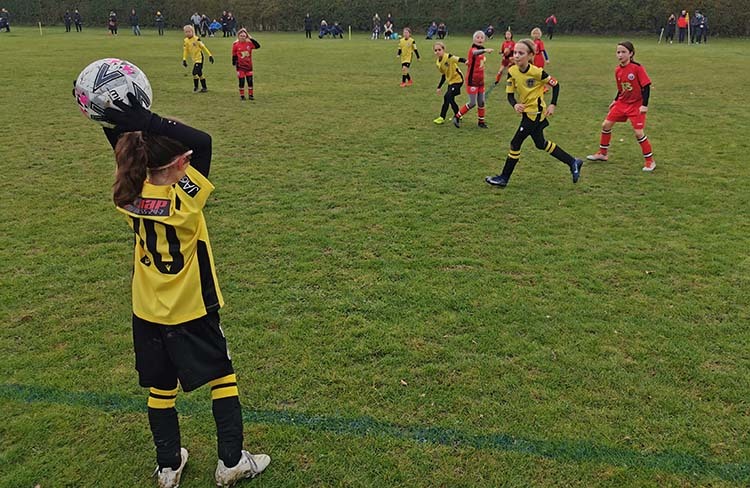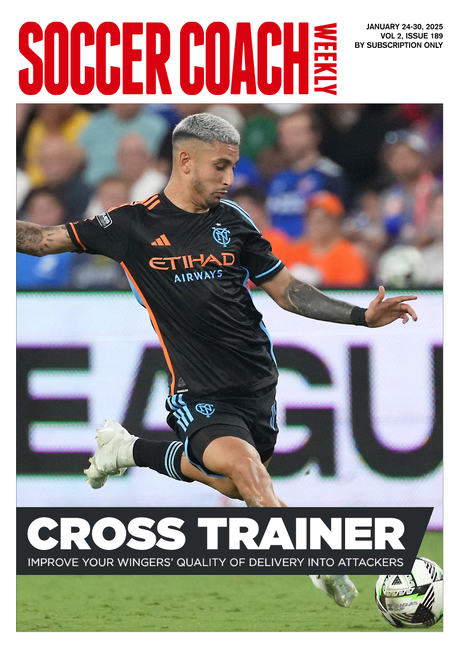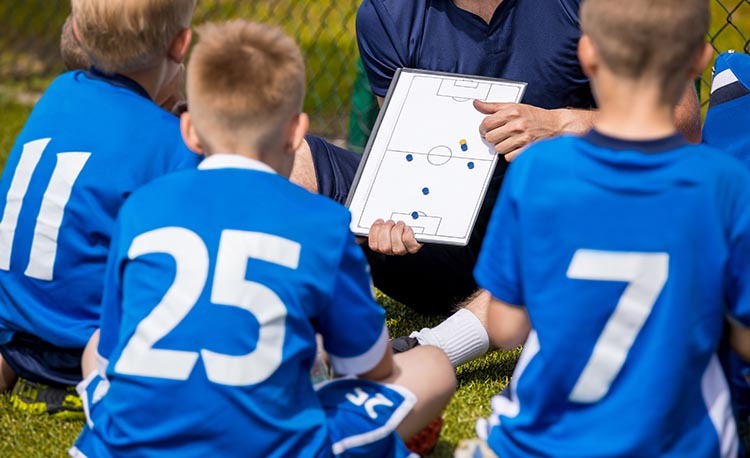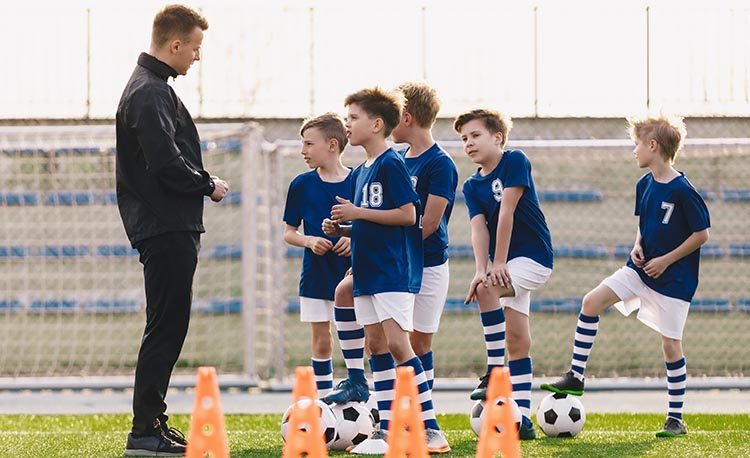Winning IS everything - even at youth level...
...but it is all about the little victories along the way, and not the scoreboard, as Uefa A-licenced youth-development phase coach Lee Garlick explains
Winning. Sometimes it seems a forbidden word in youth coaching, particularly in the eyes of those with an understanding of long- term player development.
Well I want youth coaches to win. I want them to place winning at the very top of their priorities and I want them to encourage their players to want to win in every game.
But hold that thought for a second. Let me elaborate. Winning is important, but only when clearly explained and discussed with players.
To me, winning is not solely the score on the scoreboard but the individual ’wins’ which we, as coaches, should be challenging our players to strive for every session or game.
For example, a player in their developmental years can still accomplish a ’win’ or a number of ’wins’ during a game in which their team may have came second best in terms of goals scored.
Let’s look at a hypothetical example. Say your centre half has difficulty recognising and completing opportunities to pass forward.
If we are looking at that player as a team of one, then how can we as coaches devise training sessions and game challenges which enable that player to succeed, or ’win’, at this aspect of his or her game? Does the player have the opportunity to practice and fine tune the skills required to master this skill and execute effectively in game scenarios?
"The coach’s role is to monitor the process each player is going through to ’win’..."
If yes, then that should be seen and celebrated as a ’win’ - a ’win’ for that team of one! It is for this reason that we should encourage players to chase these ’wins’ and commit to the process of achieving them.
It must be said that some caution is needed with this method. Coaches adopting it must be clear on what exactly they see as a ’win’, and communicate this thoroughly with players so that everyone has an understanding of what success looks and feels like.
The role of the coach during a training session or game is to monitor the process each player is going through in their quest to ’win’. Intention must also be spotted and acknowledged or praised by the coach, not merely the outcome.
A case in point can be made from our earlier example. If during the early stages of our centre half’s efforts to achieve their specific goal, or ’win’, he or she spots a pass into the number 10 and attempts it, but the execution is not quite right, it is vital that the coach acknowledges this and praises the intent.
After all, this may well be a first step in a long journey. If an error persists for a significant period of time, some coaching may need to take place, but intention over outcome is crucial in the early stages.
To summarise, adopt a winning mentality. Set up to win. Train to win. Go above and beyond to win. But, be clear with what you define as ’winning’, especially during the developmental years.
Related Files
Newsletter Sign Up
Coaches Testimonials

Gerald Kearney, Downtown Las Vegas Soccer Club

Paul Butler, Florida, USA

Rick Shields, Springboro, USA

Tony Green, Pierrefonds Titans, Quebec, Canada
Subscribe Today
Discover the simple way to become a more effective, more successful soccer coach
In a recent survey 89% of subscribers said Soccer Coach Weekly makes them more confident, 91% said Soccer Coach Weekly makes them a more effective coach and 93% said Soccer Coach Weekly makes them more inspired.
*includes 3 coaching manuals
Get Weekly Inspiration
All the latest techniques and approaches
Soccer Coach Weekly offers proven and easy to use soccer drills, coaching sessions, practice plans, small-sided games, warm-ups, training tips and advice.
We've been at the cutting edge of soccer coaching since we launched in 2007, creating resources for the grassroots youth coach, following best practice from around the world and insights from the professional game.







